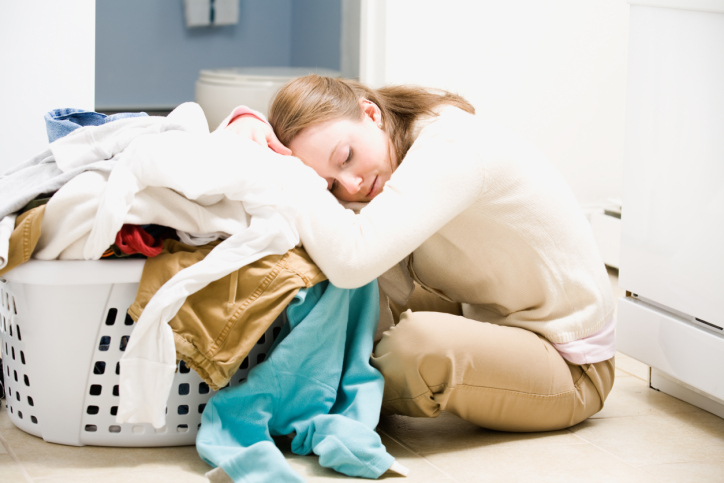 Some people truly don’t believe in a good night’s sleep. They think it’s a myth. They spend most nights tossing and turning trying to get some shuteye, while spending days in a dreary, uncomfortable fatigued state. You probably know people like this, and it’s quite possible you are one. After all, a lack of sleep is quite common.
Some people truly don’t believe in a good night’s sleep. They think it’s a myth. They spend most nights tossing and turning trying to get some shuteye, while spending days in a dreary, uncomfortable fatigued state. You probably know people like this, and it’s quite possible you are one. After all, a lack of sleep is quite common.
The Centers for Disease Control and Prevention (CDC) has labeled insufficient sleep an epidemic and estimates that 50-70 million Americans experience some kind of sleep deprivation. The degree varies in severity and is attributed to a number of causes. So how can you get more sleep and experience the benefits of increased sleep, like reduced stress and feeling more energized? Here are some ideas.
Turn off your electronics at least an hour before bed and keep them out of your bedroom. The light they give off stimulates your eyes and brain and makes it difficult for your body to determine it is time to sleep.
The last hour of your day should focus on resting and relaxation, so have a tea, do some reading, or chat with a family member or friend. Keeping these items out of your room ensures you won’t be tempted to look at them before bed or during the night.
Light in any capacity can disturb sleeping patterns, so try to make sure there isn’t an excess of light where you sleep. Start by getting thick blinds and closing the door to your room. If it’s not too uncomfortable, a sleeping mask is a great alternative.
A short 20-minute nap during the day can be a real energizer, too. If you get the opportunity on your lunch break or when you get home from work, take it. A short nap can recharge you and leave you feeling fresh for the rest of the day. I typically take one in the early-mid afternoon for 20-30 minutes. Be careful about sleeping too long, though; you’ll wake up groggy instead of refreshed.
If you extend your nap much longer than 30 minutes, you can sabotage your sleep later that night, making it difficult to get the high-quality sleep your body needs to fully recuperate. Also, a short mid-afternoon nap is a far better way to recharge than a coffee or energy drink. Those beverages are packed with caffeine that will create even more problems when it’s time to lay down for some shuteye.
Some people elect to use melatonin supplements to regulate their circadian rhythm (sleep and wake cycle). Naturally, melatonin levels begin to rise at around nine p.m., and reach their peak between 11 p.m. and three a.m. Supplements can help by increasing the melatonin in your blood, perhaps increasing the chance of sleep.
These are all ideas that can help you with minor sleep problems. If you have a more severe condition, like sleep apnea, for example, I recommend talking to your family physician about a more tailored approach to getting more sleep.
Sources:
Wang, G., et al., “Melatonin and Sleep,” Stanford Sleep Disorders Clinic, Stanford University; ppt. p. 11.
“Insufficient Sleep is a Public Health Epidemic,” Centers for Disease Control and Prevention web site, January 13, 2014; http://www.cdc.gov/features/dssleep/, last accessed January 29, 2014
